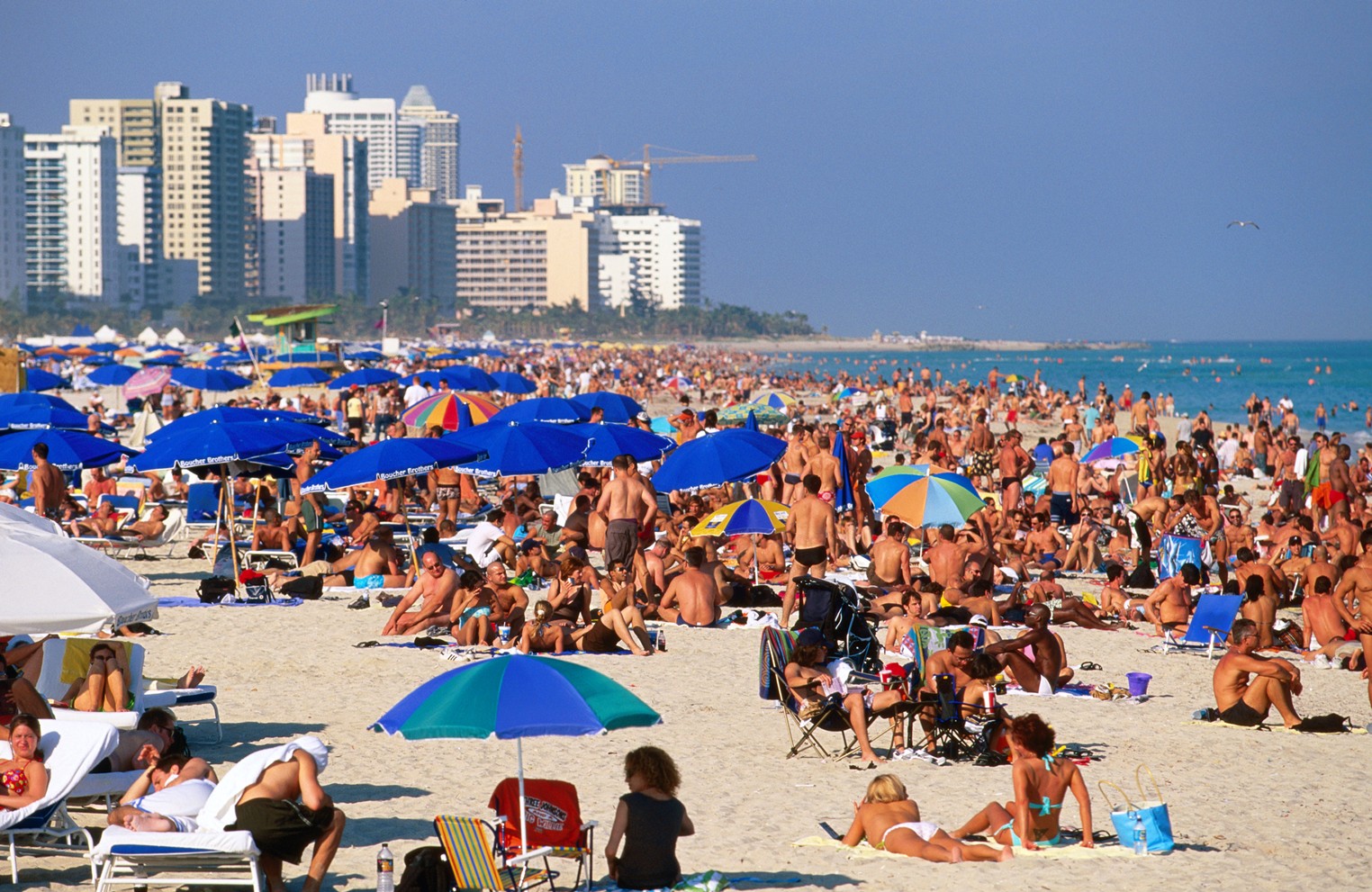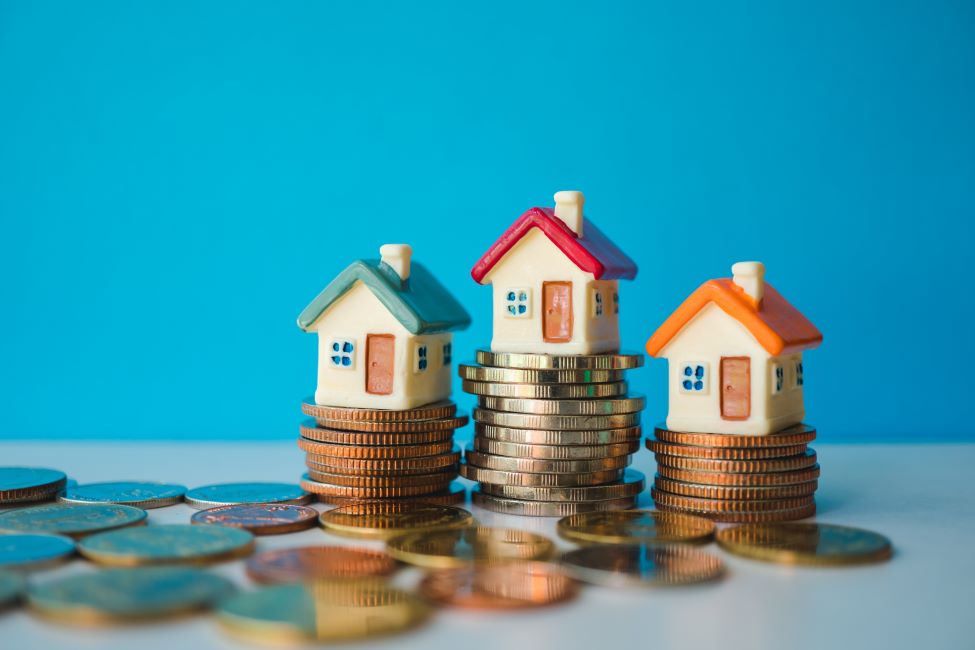Florida Airbnb Market Teeters Amid Deluge of New Units, LGBTQ Policy Backlash
An end to the post-COVID vacation rush, hostility towards LGBTQ people from the highest levels of the Florida government, and travelers’ inflation-ravaged wallets are a few factors that analysts and industry insiders have blamed for the short-term rental pullback in the area.
Still, Florida is more resilient to tourism downturns than most destinations, and there’s hope yet that vacationers, like moths fluttering towards a lightbulb, will fly back to the Sunshine State when the cold sets in once more up north.
So what’s behind the retreat in the short-term rental boom that consumed Miami? And will it last?
Susan Bisnoff, CEO of Miami-based short-term rental manager HostyMosty, says would-be travelers from South America, who constitute a solid chunk of Miami’s tourism industry, have been devastated by economic collapse in their home countries. Skyrocketing inflation has crushed the finances of residents in Argentina, Venezuela, and other South American countries, contributing to the tourism slowdown in South Florida, in Bisnoff’s view.
“We’re just not getting the volume of tourism that we’ve been used to because of the international economy,” says Bisnoff, who has nearly ten years of experience in the vacation rental management business.
Though she declined to comment on Gov. Ron DeSantis and the state’s LGBTQ policies, Bisnoff says the financial impact they’ve had on her business are clear.
For starters, she didn’t get the boost she expected during Pride Month.
“Pride Month should have been a lot bigger for me this year. A lot of LGBTQ people were not traveling here. I mean, there were plenty of other places to go,” Bisnoff tells New Times. “That affected us. There were just a lot of things that we can’t control.”
Xavier Doe, a cofounder of Miami Residences Management and Vacation Rentals, says there’s been a dropoff in Airbnb revenue largely because the market is saturated with new units from investors who flocked to South Florida following the COVID-19 outbreak and snapped up property.
“People from out of state purchased real estate, especially single-family homes, and tried to turn them into Airbnbs,” Doe (his real name) tells New Times. “People who are not financially stable will be forced to sell because they made their projections based upon the year before. It was great the year after COVID when everyone came to Miami. Those people bought properties to make into Airbnbs, but they can barely cover their mortgages.”
Vacation rental markets from coast to coast have seen a downturn, though the extent of it has been a matter of debate.
Citing data from AllTheRooms, consultant Nick Gerli sparked a round of wrangling last week when he reported that Airbnb revenue per listing had dropped nearly 50 percent in May 2023 compared to May 2022 in places like Phoenix, Arizona, Austin, Texas, and the vacation town of Sevierville, Tennessee, in the Rocky Mountains.
Airbnb quickly bit back, saying the data was inconsistent with its internal records. Another short-term rental data tracker, AirDNA, indicated single-digit drops in revenue per listing in those cities, which did not match the AllTheRooms data set.
Doe says the culling of non-performing properties and local cities’ stricter enforcement of vacation-rental regulations will contribute to a market readjustment over the next two years. Based on his portfolio, which includes more than 90 properties in South Florida, he estimates that Airbnb rental rates have dropped roughly 20 percent in the Miami metro area. Occupancy is down but still looking solid, he says.
Doe and Bisnoff are optimistic that travelers will flock back to the Miami metro. The weather, the beaches, and the never-ending stream of sporting spectacles carefully tailored to draw in visitors will keep the tourists pouring into South Florida, Doe says.
“We now have the best football player in the world, Lionel Messi. We have the Formula 1 Grand Prix. We are a hub for Latin America, close to the Caribbean. I saw some short-term rental stats on Nashville were down. Well, Nashville is never going to be Miami in terms of tourism,” Doe says.
For what it’s worth, AllTheRooms data obtained by New Times indicates that year over year, the Magic City’s average daily rental rate for Airbnbs held steady at $218 in May 2023 compared to $221 in May 2022. In the first four months of the year, however, occupancy rates were significantly lower, as were revenues, compared to the same period in 2022.
Long-term, the AllTheRooms data indicates that Airbnb rates in the winter of 2022 were still higher than in the winter before the pandemic.
While anecdotal evidence suggests DeSantis-backed laws — including those banning classroom discussions about sexual orientation and prohibiting transgender people from using their preferred public restrooms — have discouraged LGBTQ tourism across the state, South Florida’s longstanding reputation as a haven for the LGBTQ community may have partially offset the policies’ effects on Pride Month tourism in the Miami metro area.
The vitriol does not appear to be letting up, however.
This past weekend, “The War Room,” which holds itself out as the governor’s rapid response team, put out a video chiding Donald Trump for statements in support of LGTBQ people — a marketing packet that gay Republicans said crossed the line into blatant bigotry and pandered to the basest political instincts.
In April, Equality Florida issued a travel warning in response to Florida laws and regulations that the group sees as stigmatizing and marginalizing LGBTQ people.
The governor’s office wrote the warning off as a publicity stunt.



